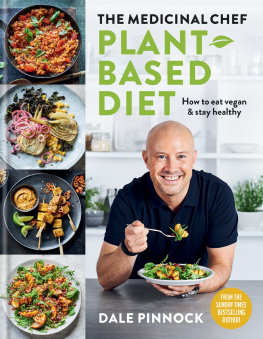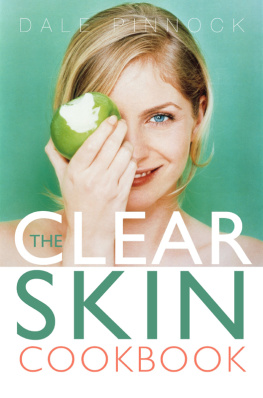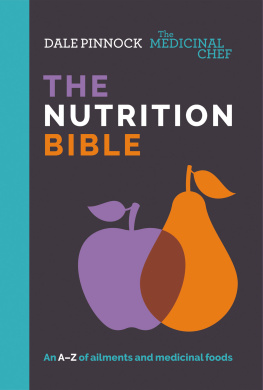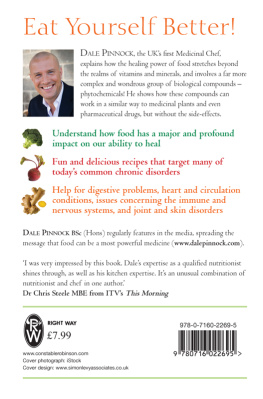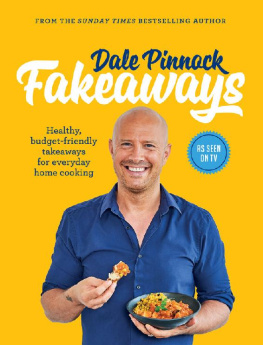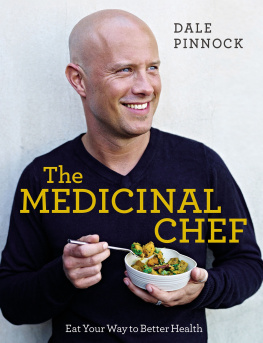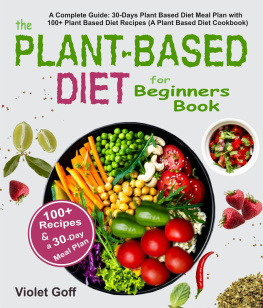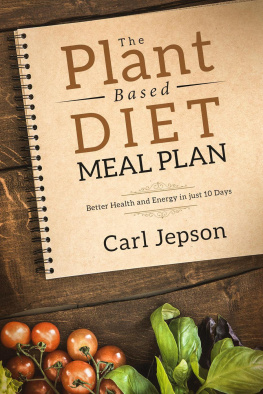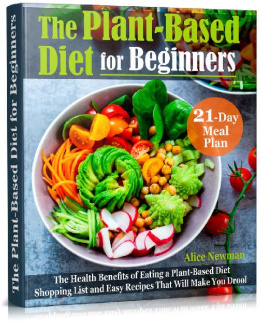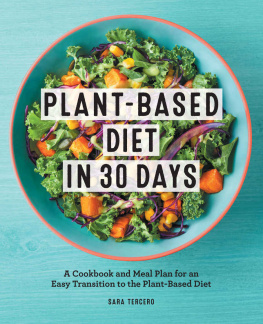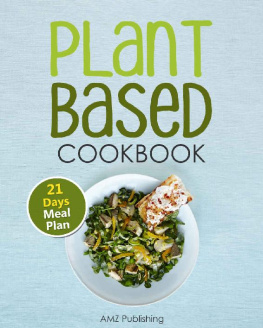Contents
Guide


CONTENTS
HOW TO USE THIS EBOOK
Select one of the chapters from the and you will be taken straight to that chapter.
Alternatively, jump to the to browse recipes by ingredient.
Look out for linked text (which is blue) throughout the ebook that you can select to help you navigate between related sections.
You can double tap images and chapter titles to increase their size. To return to the original view, just tap the cross in the top left-hand corner of the screen.

INTRODUCTION
Lets start with a very important statement. I want to be real with you. I am not a vegan. I am not 100 per cent plant based. I am omnivorous, although plants do make up more than 80 per cent of my diet. I have written this book for two reasons. First and foremost, I have had thousands of requests for guidance on how to adopt a plant-based diet effectively, healthily and safely. Secondly, I have seen many people in the weird world of social media spread half-truths and make fundamental mistakes, and so I wanted to add to the body of work and help as many people as I can to embrace a plant-based diet in a way that will give them all of the benefits, while avoiding the common pitfalls. As a final note, this book is written only from a nutrition and health perspective. There is no comment, exploration or stance when it comes to ethics or moral positioning. That is not my argument.
The number of people moving towards a plant-based diet, or more specifically towards a vegan diet, quadrupled between 2014 and 2019 in the UK. In 2020, almost 2 per cent of the population thats around a million people identified as vegan. This shift has been driven by many motives, but one of the front runners is the impact on our health. When done right, a plant-based diet can indeed offer some considerable health benefits.
When we look at the food we eat, there are clear nutritional heroes as well as villains. It is pretty much a given that living on takeaways and fast food, day in, day out is going to lead us down a dangerous path. Processed foods contain an abundance of harmful substances (such as saturated fats, trans fats and sodium), and are pretty much devoid of micronutrients and the good stuff. So, the importance of adopting a wholefood diet is obvious. Out of everything that we find in a good wholefood diet, plants are among the true nutritional heroes. Now, as I said, I am omnivorous, so I appreciate the nutritional value of other foods, but I really do stand by the fact that plants are the superheroes of any diet. We all know they deliver vast amounts of vitamins, minerals and other important substances but so do other foods. For example, plants offer antioxidants, but so does seafood. What sets plants apart is that they are packed to the rafters, to bursting point, with an extremely beneficial group of compounds. Enter phytochemicals.
Phytochemicals are substances that are unique to plants. They arent strictly nutrients, as we have no set need for them and cannot be deficient in them, but they do influence our physiology sometimes profoundly so. They can deliver almost drug-like effects in the body, and indeed many of the most common and well-known herbal medicines are so powerful because of their phytochemical profile. This is why plants have that extra edge: their propensity to protect our health. See the for what they do and which foods youll find them in.

A HEALTHY, WHOLEFOOD, PLANT-BASED DIET
Before we take a look at some of the documented ways in which a plant-based diet can benefit our health, it is important that we clarify what a healthy, wholefood, plant-based diet actually looks like. I dont want to be patronizing or seem as if Im stating the obvious, but many people adopt a vegan diet with the assumption that the absence of animal products will in itself give rise to the associated health benefits. There is an element of truth in that, but only to a degree. In some situations, avoiding animal foods will lead to a mild improvement in some health markers, but a diet that is focused on refined foods as a substitute for these animal foods, such as white rice and pasta or sugary snacks, is no healthier than a diet that contains lots of meat. Just because its vegan, doesnt mean its healthy! The real crux here, regardless of whether you do choose to eat a little meat or fish now and then, is wholefoods, especially whole plants. So, lets look at the fundamental foods that should, for most of us at least, be present in our diet every day to enable us to really get the best out of this super-healthy way of eating.

